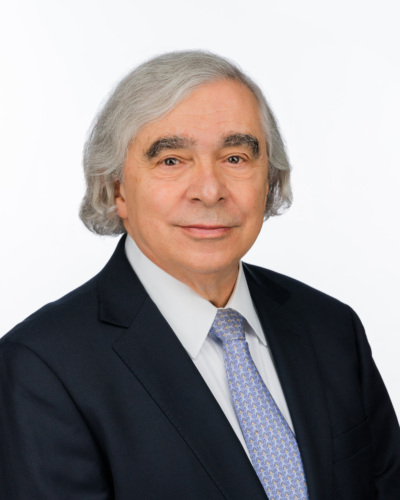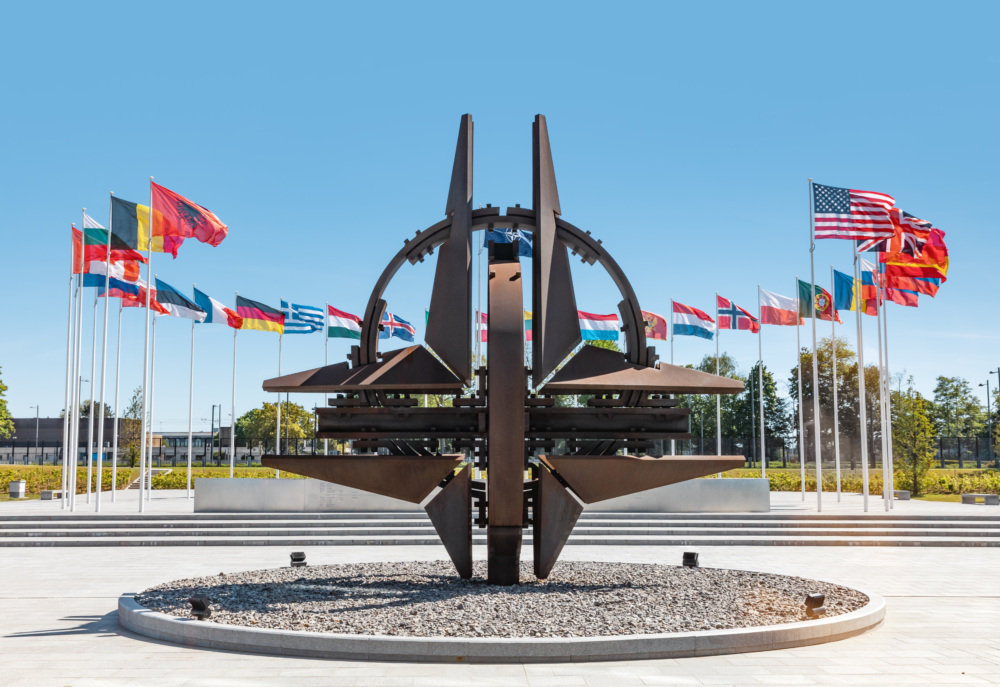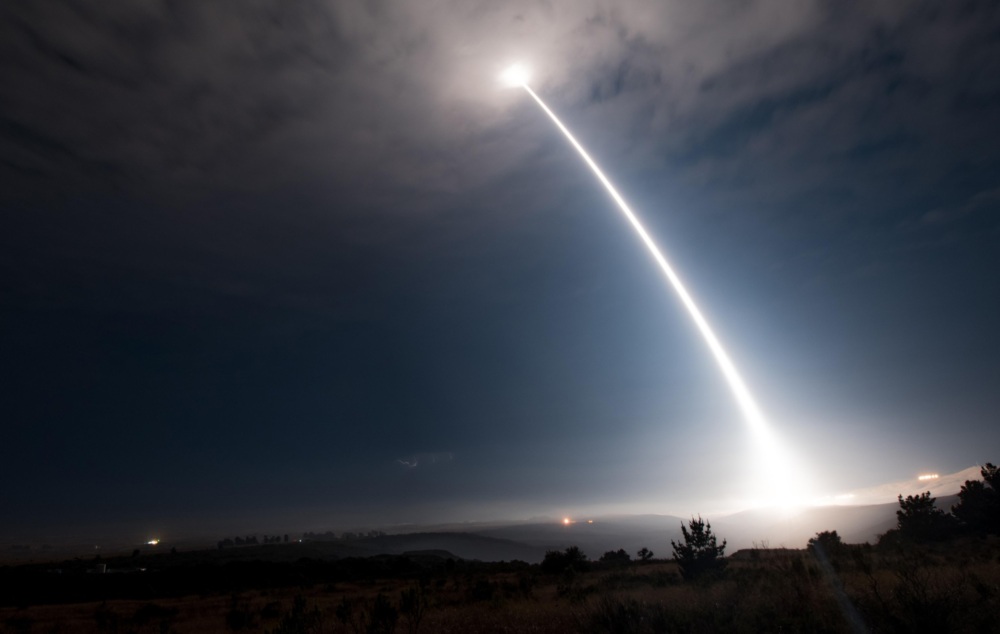
Ernest J. Moniz
Co-Chair and Chief Executive Officer, NTI
About the image
This op-ed originally appeared in The Hill on February 10, 2022.
The Euro-Atlantic region is on the precipice of the most significant conflict in generations, with a menacing Russian military buildup on Ukraine’s borders and Ukraine and NATO shoring up defenses in response. With Russian demands viewed as unrealistic by NATO, and NATO replies termed inadequate by Moscow, leaders are now — as Chairman Nikita Khrushchev warned President John F. Kennedy during the Cuban Missile Crisis — in danger of pulling the knot of war so tight that they will not have the strength to untie it.
Should Russia invade Ukraine, there will be only losers. First and foremost, Ukrainians will bear the brunt of Russia’s considerable military capability. Ukraine is not a member of NATO, and President Biden and NATO allies have made clear that they support Ukraine’s sovereignty and territorial integrity but will not put boots on the ground to defend Ukraine.
Russia itself will not escape both immediate and long-term pain. An invasion would undermine, not advance, Russian President Vladimir Putin’s declared objectives of keeping NATO’s “strike weapons systems” and military infrastructure farther from Russia’s borders and stopping Ukraine’s NATO aspirations. A long and costly insurgency would meet any extended occupation of Ukraine. The promised Western sanctions on Russia’s financial system would hurt Russian citizens and leaders much more than the 2014 sanctions.
The West would not escape damage, either. Russia’s economy is much more integrated in the global economy than that of North Korea or Iran, for example; hence, sanctions could bite both ways. Risk to the global economic and energy supply system is real, particularly in the bumpy economic recovery from the pandemic.
In this tense situation, any clash could spark a wider conflagration. The risk of an accident, miscalculation, or disastrous decision is especially ominous when the two countries with the largest nuclear weapon arsenals are on opposite sides.
All have a stake in defusing the situation. The urgent task is to construct a process of political dialogue that allows all parties to stop pulling on the ends of the rope and create room for diplomacy to repair and strengthen a Euro-Atlantic security architecture that includes Russia.
While Russia will not be given a veto over NATO membership, the time and space are there to be had for all parties to negotiate constructively. President Biden has said that “the likelihood that Ukraine is going to join NATO in the near term is not very likely,” acknowledging that the required consensus support among NATO allies to admit Ukraine to the Alliance will not emerge any time soon. The 1949 North Atlantic Treaty that established NATO and the Alliance’s 1995 Study on NATO Enlargement identify conditions and factors for considering whether a state is invited to join, many of which Ukraine does not currently satisfy. NATO’s ability to meet its collective defense obligations to its members is also a key consideration and underscores that NATO must align any enlargement ambition with its military capabilities.
All of this points to an extended period before Ukraine could join NATO, so the time and space are there for diplomacy. The tragedy of this avoidable war would be inexcusable, including in the eyes of Putin’s own citizens. It will take time to resolve the core political principles at stake for Ukraine, Russia and NATO. The diplomatic path will be arduous, but there are important places to start.
Many of the issues outlined in Moscow’s proposed agreement with NATO are echoed in the U.S. and NATO responses. Both sides seek to prohibit the deployment of land-based, shorter- and intermediate-range missiles in Europe. Both express concern about military hardware and personnel and military activity and exercises near each other’s borders. Combined, these shared concerns point the way toward a practical agenda for de-escalating the current crisis and making future conflicts less likely, even in the face of prolonged political disagreements. This agenda could include:
These steps represent a beginning, not an end, to a more durable peace. Progress on near-term steps could help rebuild trust and eventually build mutual security. Prioritizing efforts to address practical security concerns — rather than focusing on intractable political disagreements — presents the only sane way to loosen the knot of war.
Jon Huntsman Jr., Ernest J. Moniz, and Sam Nunn serve on the board of directors of the Nuclear Threat Initiative. They previously served, respectively, as U.S. ambassador to Russia, U.S. Secretary of Energy, and chairman of the Senate Armed Services Committee.
Sign up for our newsletter to get the latest on nuclear and biological threats.
NTI Co-Chairs Ernest J. Moniz and Sam Nunn call on the United States to resume a position of global leadership to reduce the risks posed by nuclear weapons.
The co-conveners and participants of the Euro-Atlantic Security Leadership Group call for the re-establishment of basic principles relating to security and nuclear order.
There is a critical need for a global diplomatic approach to address growing cyber risks, including, where possible, through cooperation between the United States and Russia.



